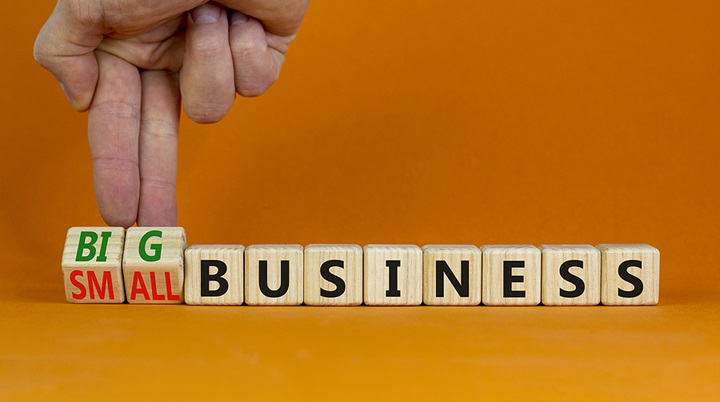There have been intense discussions over a proposal to change the definition of small business in the Fair Work Act.
The proposal, put forward by a number of business groups, including the Australian Chamber of Commerce and Industry (ACCI), seeks to have the definition of small business changed from the current provision of less than 15 employees in the Fair Work Act to the proposed less than 25 employees.
The Government has so far resisted calls to expand the definition. Minister for Employment and Workplace Relations Murray Watt expressed fears that it would lead to more employees being dismissed.
“So many Australians are doing it tough and the last thing we should be doing is making it easier for businesses to sack people,” said Watt in an interview on the Nine morning program Today. “This is a time that people need to hang on to their jobs, not be at risk of losing them, and we don’t want to do anything that’s going to jeopardise this.”
Why does the definition matter?
ACCI CEO Andrew McKellar said that a definition change could address the challenges businesses are facing in terms of regulation and costs of doing business.
“We think that to reduce that impact of regulation, the best thing that should be done is to increase the definition of small business in the Fair Work Act from 15 to 25 employees. We think that would have a very significant impact in helping to reduce the level of compliance and red tape that small business has to deal with under current arrangements,” McKellar said.
The employer organisation Ai Group has voiced its support for the amendment, deriding the current definition of small business as “ham-fisted, unsophisticated, and outdated.”
“Any business with 25 employees or less is in reality still a very small business,” said Ai Group Chief Executive Innes Willox. “The current definition clearly discourages growth, investment and employment in businesses that have the potential to be significant contributors to their local as well as the national economy.”
Small-business owners themselves have mixed views on the proposal.
“Right now, we fall under the small-business category, which has certain advantages like reduced tax rates and easier access to grants. If the definition were broadened to include businesses slightly larger than ours, it would mean more competition for the same benefits,” said Matt Little, founder and managing director of Festoon House, an e-commerce company specialising in party lighting. “On the other hand, unifying the definition might streamline compliance, which is something smaller companies always struggle with.”
This would not be the first time concerns on the definition of small business have been raised. Back in September, Council of Small Business Organisations Australia CEO Luke Achterstraat said that there are approximately 25 definitions in use across jurisdictions in Australia, which has led to confusion and inconsistencies in policy.
“Most small-business owners already suffer from a bit of an identity crisis,” explained Deakin University Professor of Practice Pete Williams. “If we can’t agree on what a small business actually is, it’s like running a relay race without knowing where the handoff happens. Aligning everyone—whether it’s the ATO, Fair Work, or the ABS—means fewer hurdles for business owners and a much clearer path to support, regulation, and growth.”
















